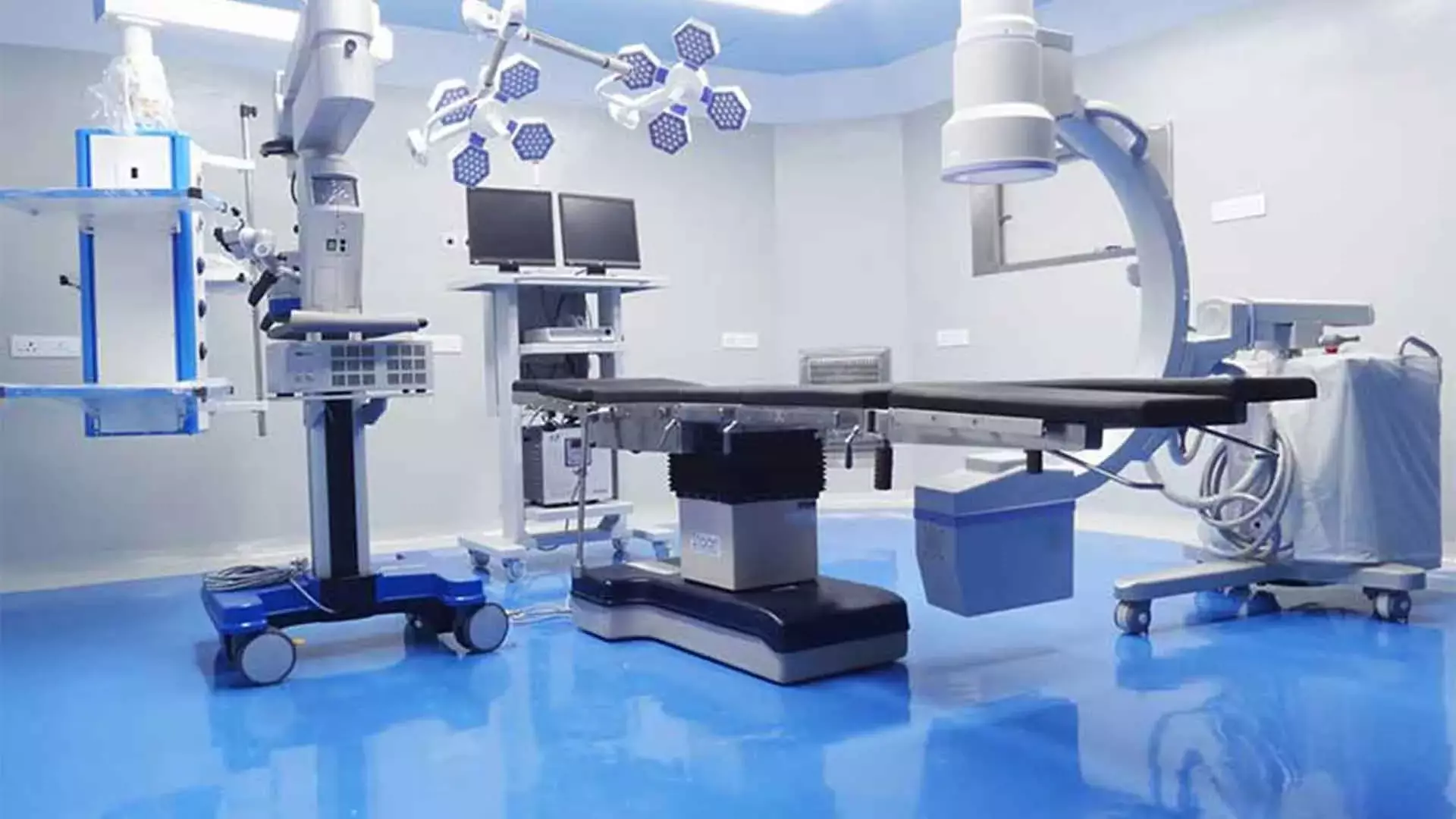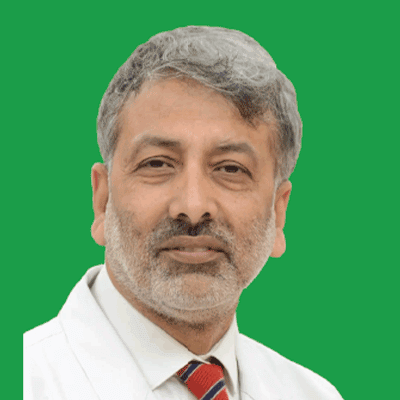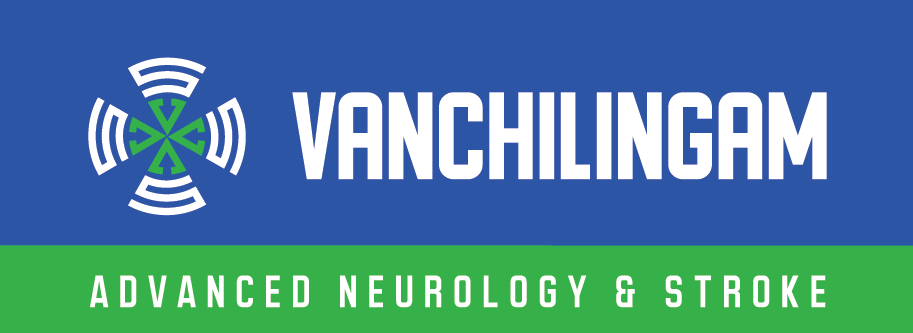Endoscopic Brain Surgery: Minimally Invasive Precision for Complex Brain Conditions
Advanced Surgical Expertise at Vanchilingam
- Minimally invasive surgery for tumors, cysts, and hydrocephalus through keyhole or nasal approaches.
- Specializations include pituitary tumor resection, third ventriculostomy, and endoscopic tumor biopsy.
- High-definition endoscope and neuronavigation for real-time precision and safety.
- Reduced trauma, minimal scarring, faster recovery, and shorter hospital stays.
Endoscopic Brain Surgery: Minimally Invasive Precision for Complex Brain Conditions
“Smaller incisions. Greater precision. Safer outcomes.”
At Vanchilingam Advanced Neurology and Stroke Care, we offer Endoscopic Brain Surgery as a minimally invasive alternative to traditional open brain procedures. Using small incisions and a high-definition camera system, our surgeons can access deep-seated or delicate areas of the brain with reduced trauma, faster recovery, and excellent outcomes.
What Is Endoscopic Brain Surgery?
Surgery may be advised when:
- The tumor or cyst is located in deep or hard-to-reach brain regions
- You have hydrocephalus or CSF buildup requiring ventricular access
- Traditional craniotomy would pose higher risk or longer recovery
- You are a candidate for scar-minimizing or transnasal approaches

Conditions Treated with Endoscopic Brain Surgery
- Pituitary Tumors and Adenomas
- Colloid Cysts
- Intraventricular Tumors
- Hydrocephalus (via Endoscopic Third Ventriculostomy – ETV)
- Arachnoid and Pineal Cysts
- Cerebrospinal Fluid (CSF) Leaks
- Optic Pathway Tumors
- Skull Base Tumors and Craniopharyngiomas
Types of Endoscopic Brain Surgeries
Endonasal Endoscopic Surgery
Accesses pituitary and skull base tumors through the nasal cavity, avoiding external incisions.
Intraventricular Endoscopy
Treats hydrocephalus, colloid cysts, and intraventricular masses via a small opening in the skull.
Endoscopic Tumor Resection
Combines camera-guided visualization and microsurgical tools to excise or biopsy tumors deep within the brain.
Endoscopic Third Ventriculostomy (ETV)
Creates a new CSF pathway in patients with obstructive hydrocephalus, avoiding long-term shunt dependence.
Advantages of Endoscopic Brain Surgery
- Minimally invasive with smaller incisions and no large craniotomy
- Faster recovery and less postoperative pain
- Minimal blood loss and lower infection risk
- Improved visibility using high-definition endoscopes
- Shorter hospital stay and quicker return to daily life
Our Approach to Endoscopic Neurosurgery
- Detailed preoperative planning using MRI, CT, and neuronavigation
- Multidisciplinary collaboration between neurosurgeons, ENT surgeons, and anesthesiologists
- Use of intraoperative imaging and real-time camera guidance
- Personalized post-op care and rehabilitation when needed
Why Choose Vanchilingam for Endoscopic Brain Surgery?
- Expert team in neuro-endoscopic and skull base surgery
- State-of-the-art imaging, optics, and navigation systems
- Comprehensive care from diagnosis to recovery
- Multidisciplinary support including endocrinology, oncology, and neuro-rehabilitation
- Clear communication about risks, benefits, and long-term care
What to Expect After Surgery
- Most patients recover in 1–3 days for simpler procedures
- Pain is minimal and often well-managed without heavy medications
- Follow-up imaging ensures complete tumor removal or fluid drainage
- Regular review with neurology and neurosurgery teams for ongoing care
Big Impact, Small Incision
Endoscopic brain surgery offers a modern solution to complex neurological conditions—reducing risk, speeding recovery, and improving outcomes. At Vanchilingam Advanced Neurology and Stroke Care, we bring together surgical expertise and compassionate care to help you heal faster and live better.
Schedule a consultation today to find out if you’re a candidate for minimally invasive brain surgery.
Meet the Specialists
Our team of dedicated specialists brings years of expertise and a passion for delivering personalized care.
Real Experiences, Real Results
Discover how Dr. Vanchilingam Advanced Neuro & Stroke Hospital has transformed the lives of our patients. Also hear our specialists talk about the services and solutions we offer for various neurological issues.





OUR SPECIALITY
Acute Stroke Unit
The Acute Stroke Unit is an acute neurological ward providing specialist services for people who have had a new suspected stroke. On the Acute Stroke Unit we provide: Thrombolysis treatment -treatment is started in the Emergency Department and you will have the rest of your Treatment and monitoring on the Acute Stroke Unit
OUR SPECIALITY
Advanced Neuro ICU
A neuro ICU is an Intensive Care Unit which is particularly devoted to a high – quality care of patients with the neurological problems that are life-threatening in nature. The neuro ICU of our hospital is a complete state of the art and a full-fledged one designed to provide almost all sorts of advanced neurological care to the normal patients as well as the patients in the emergency.
OUR SPECIALITY
Advanced Neuro Imaging
Our radiology department is a state of the art department with all the necessary infrastructure that is essential for effectively dealing with the neuro and neurosurgery emergencies at its best. The advanced neuroimaging techniques used by our doctors are as discussed below.
OUR SPECIALITY
Neuro interventional Cath Lab
A neuro-interventional Cath lab in a neurodiagnostic Centre is a specialized catheterization laboratory which has all the necessary diagnostic imaging equipment that is particularly used for the purpose of visualization of the arteries, veins and other vascular malformations of the brain and spinal cord.
OUR SPECIALITY
Neuro-Surgery Operating Room
The neurosurgery operating room of Dr.Vanchilingam Hospital, Neurosurgery Hospital is a fully functional and a state of art one that has the adequate infrastructure for effectively carrying out even the most complicated neuro surgeries with ease.
What is Endoscopic Brain Surgery?
Endoscopic Brain Surgery is a minimally invasive procedure where a thin tube with a camera and surgical instruments is inserted through small incisions or natural openings like the nasal passage to treat complex brain conditions. It reduces trauma to surrounding brain tissue and supports faster recovery.
When is Endoscopic Brain Surgery recommended?
This surgery is typically recommended for deep-seated tumors or cysts, hydrocephalus, cerebrospinal fluid (CSF) buildup, or when traditional craniotomy carries higher risk or longer recovery time. It’s also ideal for those suitable for scar-minimizing approaches.
Which conditions can be treated with Endoscopic Brain Surgery?
Conditions treated include pituitary tumors, colloid cysts, intraventricular tumors, hydrocephalus (via Endoscopic Third Ventriculostomy), arachnoid and pineal cysts, CSF leaks, optic pathway tumors, and skull base tumors such as craniopharyngiomas.
What are the different types of Endoscopic Brain Surgeries?
The main types are: Endonasal Endoscopic Surgery (through nasal cavity), Intraventricular Endoscopy (for hydrocephalus and cysts), Endoscopic Tumor Resection (camera-guided excision), and Endoscopic Third Ventriculostomy (creating a new CSF pathway).
What are the benefits of Endoscopic Brain Surgery compared to traditional methods?
Benefits include smaller incisions, reduced pain, minimal blood loss, faster recovery, shorter hospital stays, lower infection risk, and enhanced precision with high-definition endoscopic visualization.
What technology is used in Endoscopic Brain Surgery at Vanchilingam Hospital?
We use high-definition endoscopes, neuronavigation systems, and intraoperative imaging to ensure accuracy, safety, and successful outcomes during surgery.
How is the recovery after Endoscopic Brain Surgery?
Most patients recover within 1–3 days for simpler procedures. Postoperative pain is typically minimal, and follow-up includes imaging and regular reviews with the neurosurgery and neurology team.
Why choose Vanchilingam for Endoscopic Brain Surgery?
Vanchilingam Advanced Neurology and Stroke Care offers expert neuro-endoscopic surgeons, state-of-the-art technology, and comprehensive support including endocrinology, oncology, and neuro-rehabilitation for seamless care.











